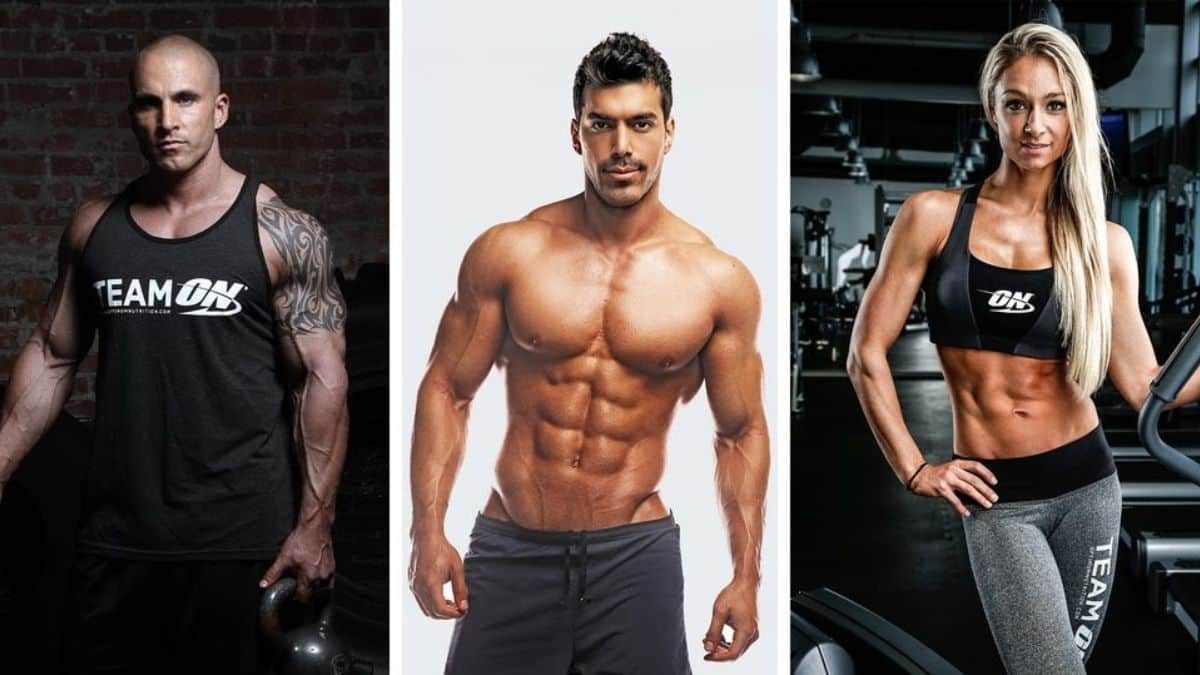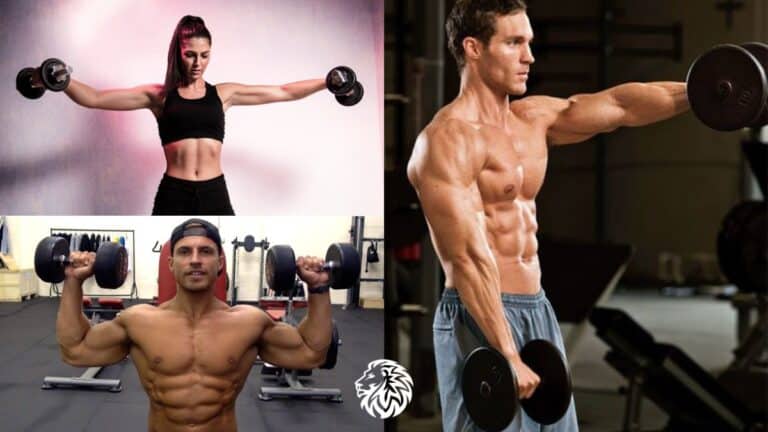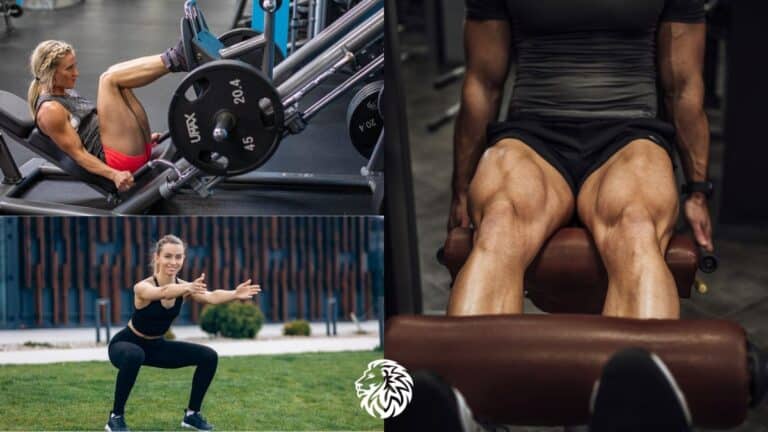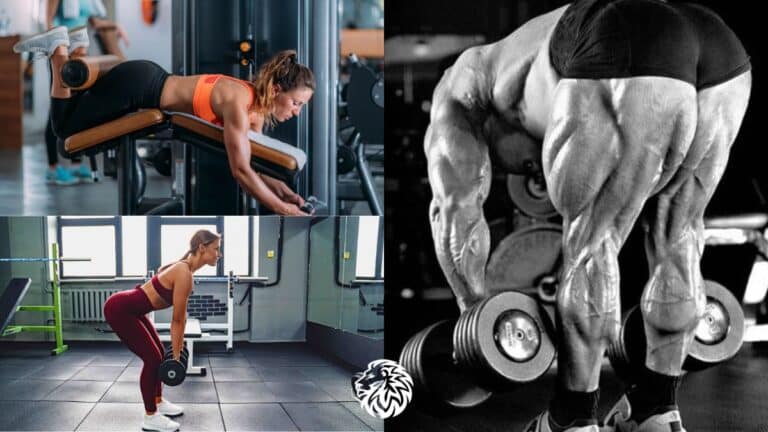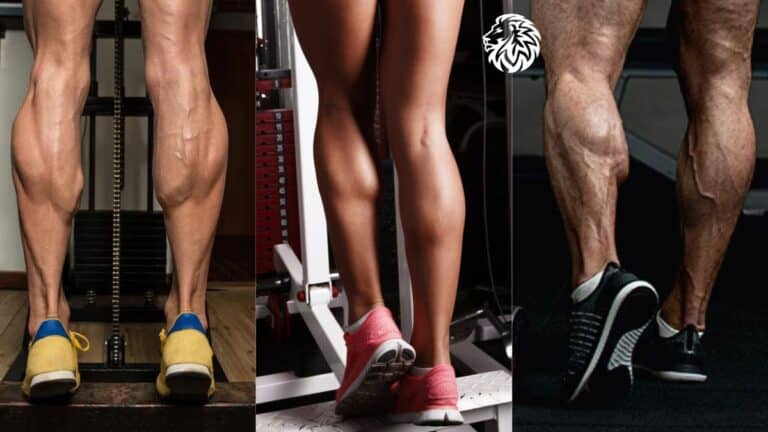Key Takeaways:
- Getting a fit body depends on factors such as starting point, genetics, and lifestyle.
- Visible changes in the body can take 3-6 months of consistent effort.
- To get started, set realistic goals, create a workout plan, and focus on nutrition.
- Overcoming plateaus can be achieved by changing up workouts and adjusting nutrition plans.
Getting a fit body is a common goal for many people. However, one of the most common questions people ask is, “How long does it take to get a fit body?” The answer to this question isn’t as straightforward as you might think. There are several factors that can influence how long it takes to achieve a fit body. In this article, we will explore these factors and provide you with some guidance on the timeline for getting in shape.
Factors that Affect How Long it Takes to Get a Fit Body
There are several factors that can impact how long it takes to get a fit body. Some of these factors include:
- Starting Point: Your starting point is a significant factor in determining how long it will take to get a fit body. If you are already relatively fit, it may take less time to achieve your goals compared to someone who is starting from a less fit state.
- Genetics: Genetics play a significant role in how your body responds to exercise and diet. Some people are naturally predisposed to being lean and fit, while others may have to work harder to achieve the same results.
- Lifestyle: Your lifestyle can also impact how long it takes to get a fit body. Factors such as sleep, stress, and nutrition all play a role in how your body responds to exercise and diet.
How Long Does It Take to See Results?
The timeline for seeing results from your fitness efforts can vary depending on your starting point, genetics, and lifestyle factors. However, in general, you can expect to see some changes in your body within the first few weeks of starting a new fitness routine.
During the first few weeks, you may notice an increase in energy, improved mood, and better sleep. However, visible changes in your body may take a bit longer. In most cases, you can expect to see noticeable changes within three to six months of consistent effort.
Getting Started on Your Fitness Journey
If you’re ready to start your fitness journey, there are a few things you can do to set yourself up for success:
- Set Realistic Goals: Before you begin your fitness journey, take some time to set realistic goals. Be specific about what you want to achieve and create a plan to help you reach your goals.
- Create a Workout Plan: Creating a workout plan can help you stay on track and make consistent progress. Your workout plan should include a mix of cardio, strength training, and flexibility exercises.
- Focus on Nutrition: Nutrition plays a critical role in achieving a fit body. Be sure to focus on eating a balanced diet that includes plenty of whole foods such as fruits, vegetables, lean protein, and healthy fats.
Overcoming Plateaus
As you progress on your fitness journey, you may encounter plateaus where your progress slows or stalls. When this happens, it’s essential to stay committed and make adjustments to your routine as needed. Some strategies for overcoming plateaus include:
- Change Up Your Workouts: If you’ve been doing the same workout routine for a while, it may be time to switch things up. Try a new workout class, incorporate new exercises, or increase the intensity of your workouts.
- Adjust Your Nutrition: If you’ve hit a plateau, it may be time to re-evaluate your nutrition plan. Consider working with a registered dietitian or nutritionist to create a plan that supports your fitness goals.
Conclusion
Achieving a fit body is a journey that requires commitment, patience, and consistency. While the timeline for getting in shape can vary, you can expect to see noticeable changes within three to six months of consistent effort. By setting realistic goals, creating a workout plan, and focusing on nutrition, you can set yourself up for success on your fitness journey.
Remember, everyone’s fitness journey is unique, and what works for one person may not work for another. Don’t compare yourself to others and focus on making progress towards your individual goals. If you encounter plateaus or challenges, stay committed and make adjustments as needed to keep moving forward.
Overall, getting a fit body is a worthwhile goal that can improve your physical health, mental health, and overall quality of life. With dedication and effort, you can achieve your fitness goals and enjoy the benefits of a healthier, more active lifestyle.
References:
- American Council on Exercise. (2021). 5 Key Factors That Influence Your Fitness Results. Retrieved from https://www.acefitness.org/education-and-resources/professional/expert-articles/6723/5-key-factors-that-influence-your-fitness-results/
- Harvard Health Publishing. (2021). The 4 building blocks of good health. Retrieved from https://www.health.harvard.edu/healthbeat/the-4-building-blocks-of-good-health
- Mayo Clinic. (2021). Fitness program: 5 steps to getting started. Retrieved from https://www.mayoclinic.org/healthy-lifestyle/fitness/in-depth/fitness/art-20048269
